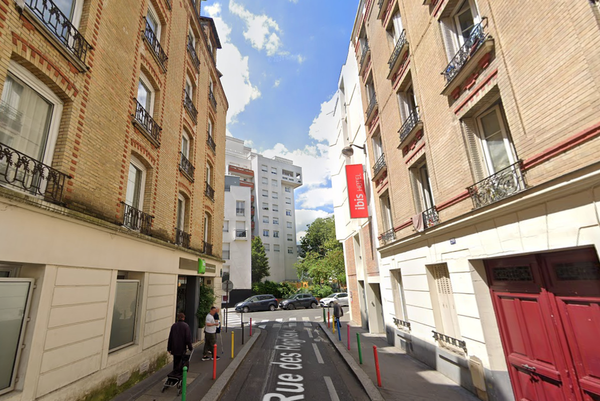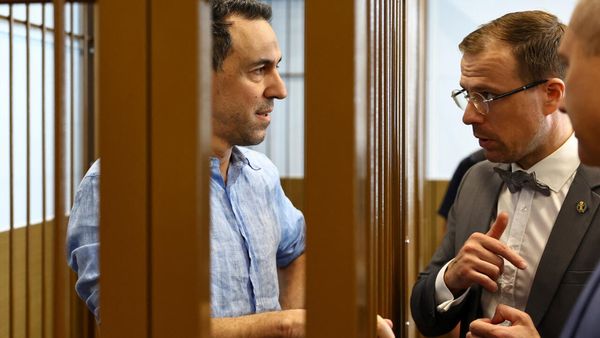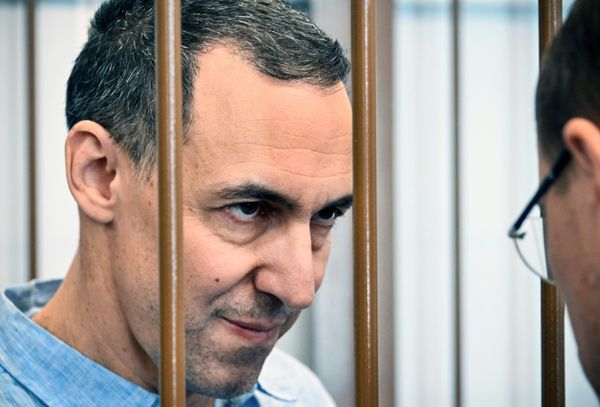
South Korean police conducted a search at the office of Lim Hyun-taek, the incoming leader of the Korean Medical Association, seizing his mobile phone as part of an investigation into allegations of inciting ongoing walkouts by medical interns and residents. The raids, which also targeted Lim's residence, have raised concerns about the potential prolongation of the strikes.
Lim, along with four other current or former association officials, is under scrutiny for their alleged roles in encouraging the strikes, with two individuals already facing suspensions of their medical licenses. The Korean Medical Association has denounced the police action as politically motivated, casting doubt on the government's commitment to resolving the crisis through dialogue.
The strikes, initiated by over 10,000 interns and residents in February, stem from opposition to the government's proposal to raise medical school enrollment by 2,000 students next year. While the government has offered a compromise allowing universities to reduce admissions by up to 50%, doctors led by Lim demand a complete withdrawal of the plan and the dismissal of key officials involved in its formulation.



Government officials argue that the enrollment increase is necessary to address the country's aging population and low doctor-to-population ratio. However, doctors express concerns about the readiness of medical schools to accommodate more students and fear a decline in the quality of healthcare services.
The impasse has escalated with senior doctors at university hospitals threatening to resign in solidarity with the striking junior doctors. The Health Ministry has urged them to reconsider, emphasizing the importance of patient care amidst the ongoing crisis.
The situation remains tense as both sides stand firm on their positions, highlighting the complex challenges facing South Korea's healthcare system and the need for constructive dialogue to reach a resolution.







